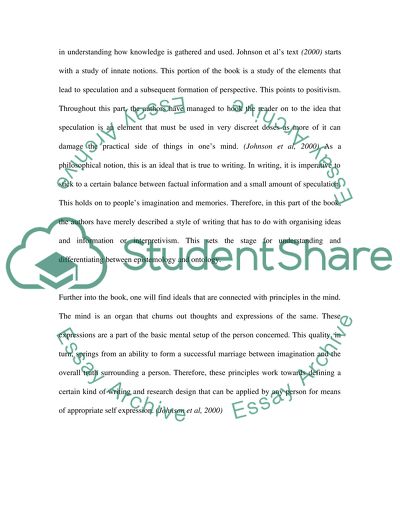Cite this document
(“Epistemology versus Ontology in Philosophy Essay”, n.d.)
Retrieved from https://studentshare.org/miscellaneous/1514426-epistemology-versus-ontology-in-philosophy
Retrieved from https://studentshare.org/miscellaneous/1514426-epistemology-versus-ontology-in-philosophy
(Epistemology Versus Ontology in Philosophy Essay)
https://studentshare.org/miscellaneous/1514426-epistemology-versus-ontology-in-philosophy.
https://studentshare.org/miscellaneous/1514426-epistemology-versus-ontology-in-philosophy.
“Epistemology Versus Ontology in Philosophy Essay”, n.d. https://studentshare.org/miscellaneous/1514426-epistemology-versus-ontology-in-philosophy.


